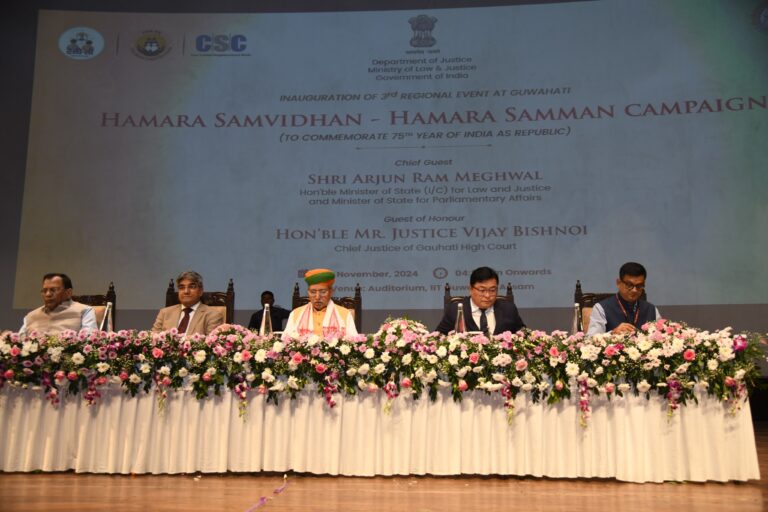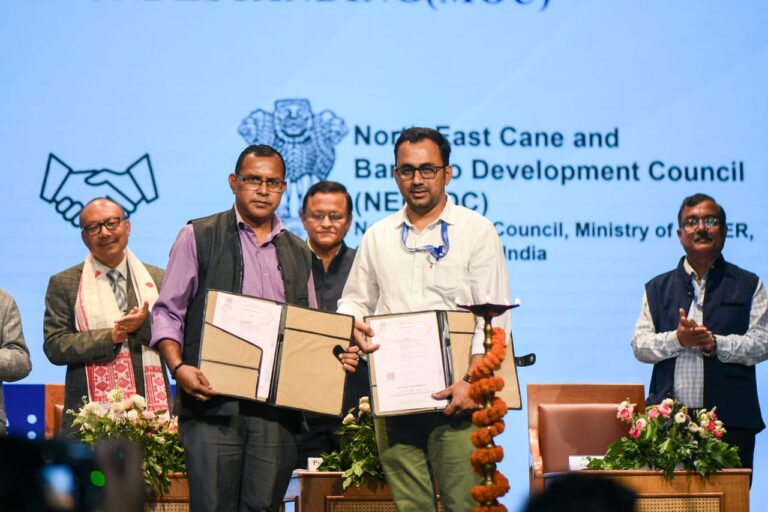Preparation for the Physics exam causes anxiety and stress to many students. But with the right resources and preparation strategy, students can secure high scores in Physics.
With only a few weeks left for Term 1 examinations, you need to pivot and accelerate your preparation to ensure not only that you complete the syllabus but also revision.
In case you are still looking out for guidance on how to prepare for your Term 1 examinations, here are a few tips that will ensure that you score the maximum marks in Physics.
1. Understanding unit-wise weightage
In Physics, comprehension clarity is key. If you don’t understand the fundamentals, you will struggle. To ensure that you make the best possible use of the available time and resources, spend some time first in understanding the unit-wise weightage for various topics. It will ensure that you give more time and focus to those topics which have more weightage in the exam.
For Physics, the topics are nearly equally split in terms of weightage. Electrostatics (which includes Electric Charges and Fields and Electrostatic Potential and Capacitance and Current Electricity) is worth 17 marks. Magnetic Effects of Current and Magnetism (which includes Moving Charges and Magnetism, and Magnetism and Matter) and Electromagnetic Induction and Alternating Currents are worth nearly 18 marks. Hence, you cannot skip the topics or not cover the full syllabus.
2. Daily planner for Physics
The countdown to Term 1 examinations has begun. In such a case, creating and following a daily schedule for learning and revising is a crucial step.
As per the revised Term 1 syllabus shared by CBSE, the maximum teaching time is allotted to Electrostatics, followed by Electromagnetic Induction and Alternating Currents, Magnetic Effects of Current and Magnetism (which include Moving Charges and Magnetism and Magnetism and Matter) followed by Current Electricity.
The amount of time that you should devote to the chapters should be analogous to the time earmarked by CBSE.
Hence your preparation should focus on Electrostatics (3 hours daily), followed by Electromagnetic Induction and Alternating Currents (2 hours), Magnetic Effects of Current and Magnetism and finally Current Electricity (1 hour each). If you are preparing for other topics simultaneously, block the time in for Physics daily and increase and decrease it depending on which topic you are studying at present.
Crafting a daily schedule will give you visibility into how soon can you finish your syllabus and commence revision. You should also budget for some buffer time for each topic just in case you need some additional time for any topic that you find particularly difficult.
3. Practicing with MCQ Question Bank
Apart from knowing the theory well, the key to getting high scores in an MCQ examination is rigorous practice. This time, the entire question paper will be MCQ-based. With an MCQ examination, you can be tested if you don’t have the fundamentals clear. Practicing with an MCQ-based question bank will not only help you reaffirm your knowledge but also test your understanding.
4. Thorough preparation with NCERT textbooks
Physics is one subject in which conceptual clarity is of utmost importance. It is not possible to secure decent marks if one has not understood the concepts clearly. On the other hand, since it is an MCQ-based examination, students need to be familiar with answering strategies for MCQ examinations.
There are quite a number of misconceptions about an MCQ-based examination – that it is easier, or that you don’t need to cover the full syllabus or be conversant with the theory. All of these are misleading facts. MCQ examinations are as rigorous as any other type, and need you to cover the full syllabus to attempt the maximum number of questions.
To cover the full syllabus, it is essential that you comprehensively study from the NCERT textbooks. This will ensure that you do not leave out any important topic.
5. Solve sample papers
To gain confidence in attempting MCQs in Term 1, you need to prepare extensively with sample papers. Regularly practicing with sample papers reduces exam anxiety and familiarizes students with the exam pattern. Students also come to know about the different ways in which questions related to a particular topic can be asked. Also, it helps students to learn and analyse their mistakes and informs them about their strengths and weaknesses.
Cognitive Exam Tools To Learn Faster & Retain Longer: –
CBSE MCQs Sample Papers Class12 Physics is recommended to gain real-time exam confidence and to properly decode the exam pattern.
We need to look out for cognitive exam preparation tools to get exam-ready concept learning. For example, one-pager revision notes for each chapter, mind maps for quick-learning, video-based learning to learn faster & retain longer. Exam-time tips & tricks to solve problems faster will be a proven strategy to go with.
Most Likely MCQs Questions
Look at current, as there is the absence of all these study stuffs in a single book, Oswaal CBSE MCQs Sample Papers Class 12 Physics ForTerm 1 Board Exams is recommended as the book contains all the cognitive exam tools discussed above along with most likely MCQs reframed from PYQs, all official semester-1 exam-oriented study stuff.
If you want to practice Chapter-wise Topic-wise for CBSE Term 1 Board Exams 2021-22, you may go with Oswaal CBSE MCQs Question Banks Class 12 Physics For Term 1 Board Exams.
Here’s the recommended link for Oswaal CBSE MCQs Sample Papers Class 12 PhysicsforTerm 1 Board Exams 2021-22: https://bit.ly/3jQWzeO
Oswaal CBSE MCQs Sample Papers Class 12 All SubjectsFor Term 1 Board Exams 2021-22: https://bit.ly/3jQWzeO
Conclusion
Following the above tips will enable students to be confident about their preparation. Even with a limited time, students can craft a winning exam strategy. With the correct tools and strategy, any goal is attainable. With the right preparation attitude and tools, attaining high scores in Physics is very much possible.
This story is provided by Oswaal Books. ANI will not be responsible in any way for the content of this article. (ANI/Oswaal Books)


















